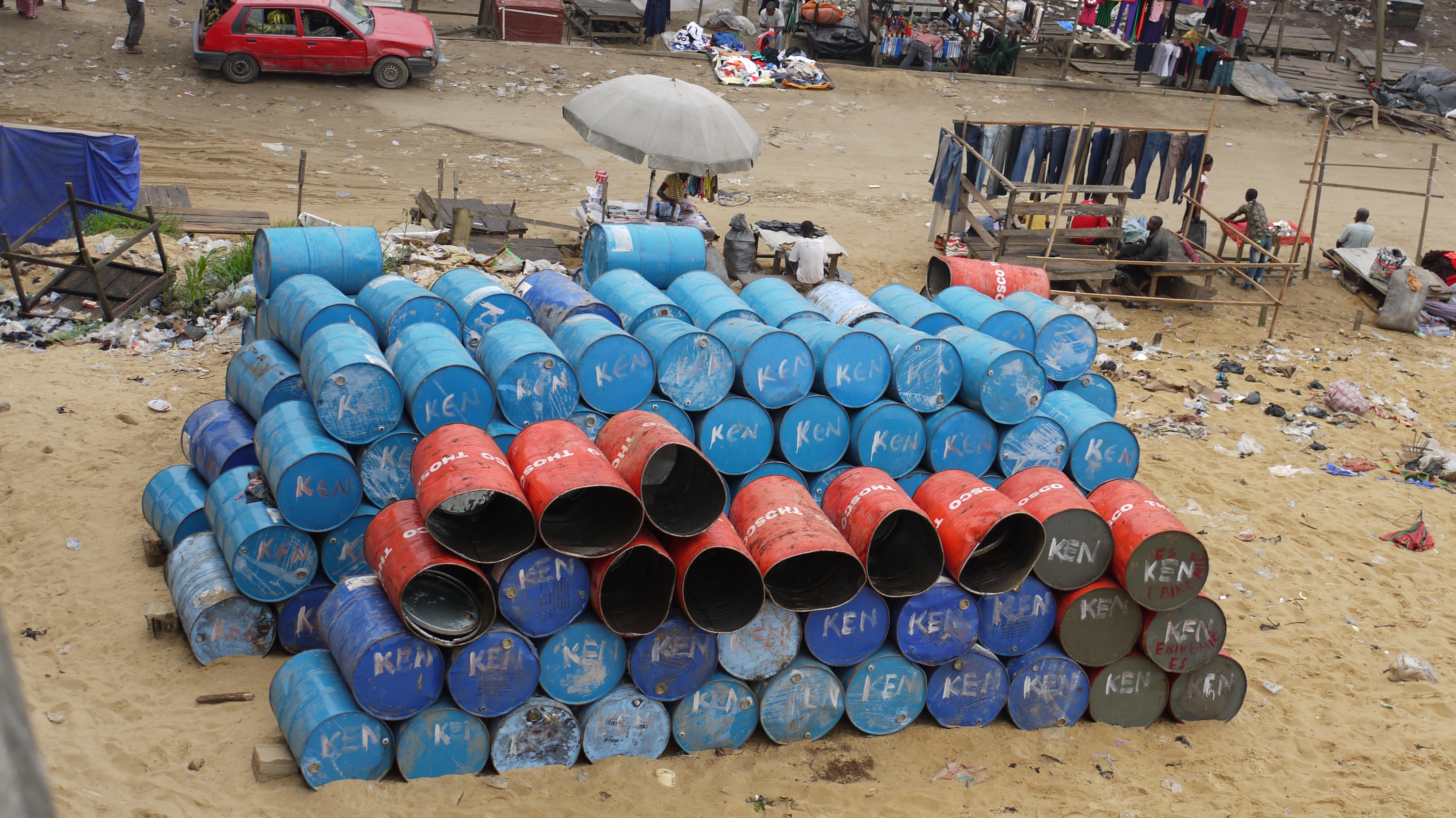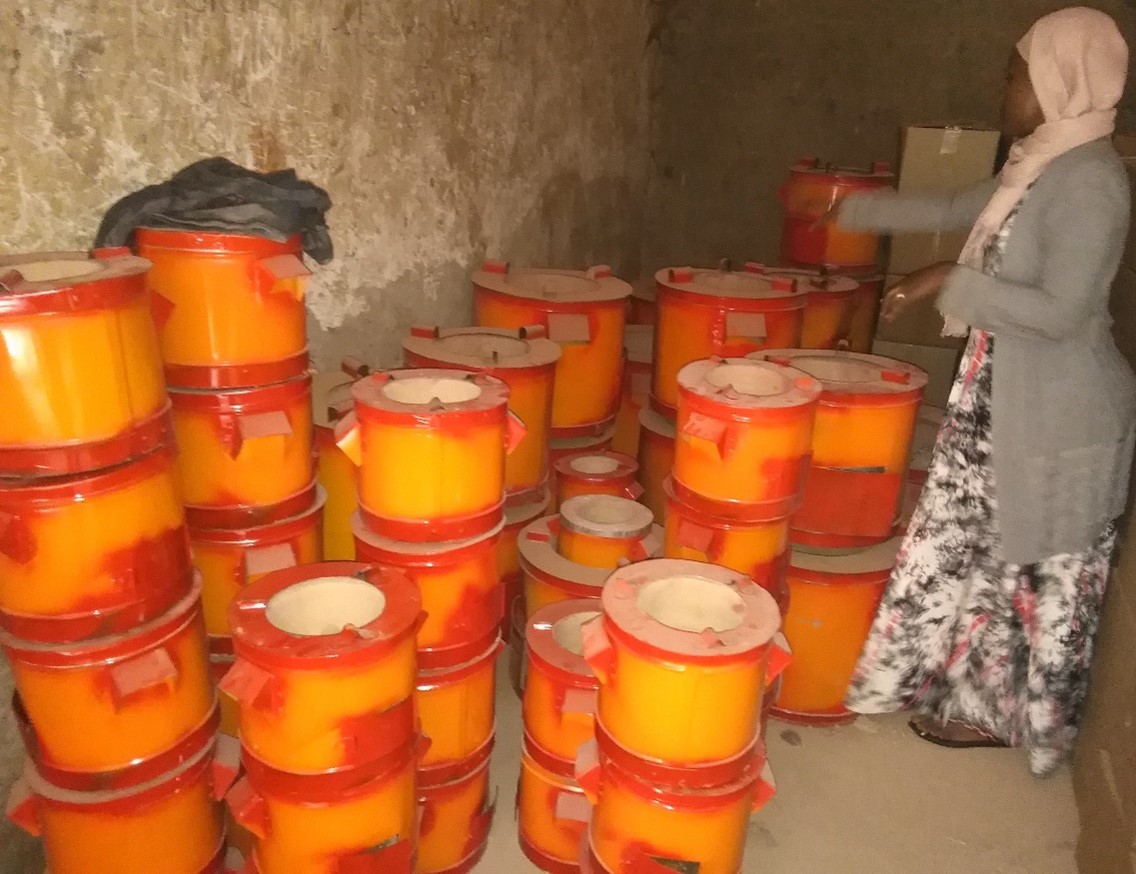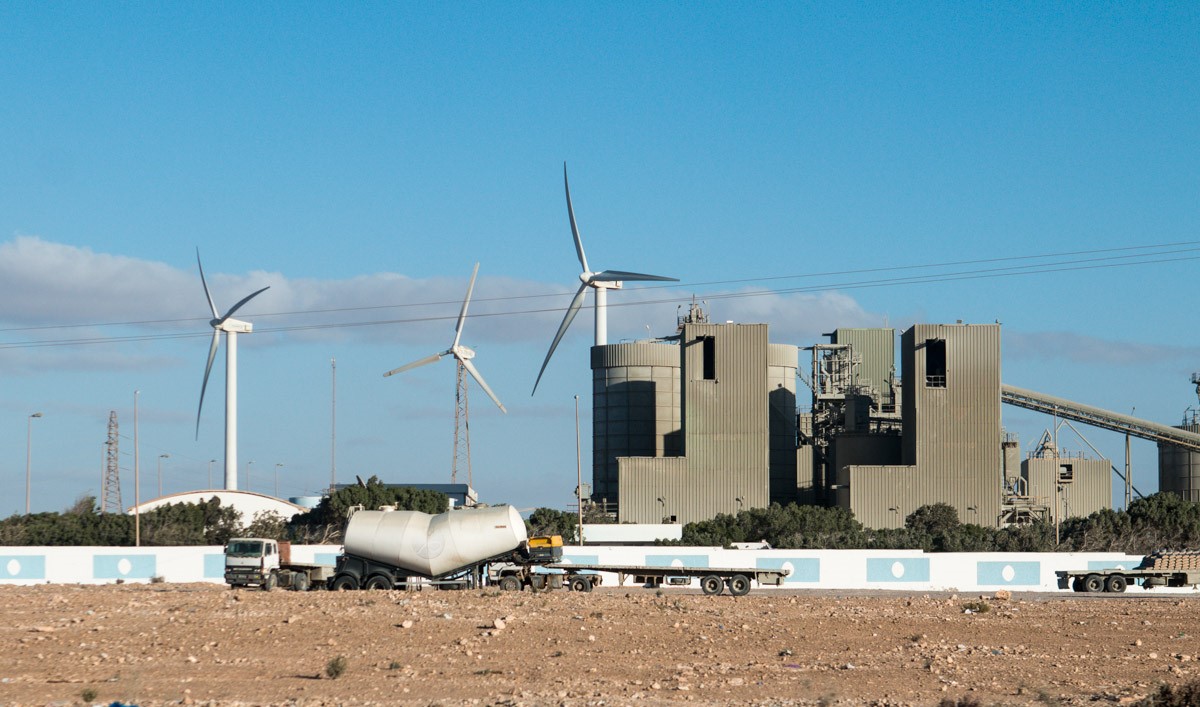The United Nations climate conference held in Bonn in June ended with mixed results. There has been some progress, but more work needs to be done to turn rhetoric into policies, writes Olasunkanmi Habeeb Okunola and Saskia Werners.
The Bonn climate conference is an annual event where action plans and policies to address climate change and its impacts are discussed and evaluated. Conference of Parties (COP) summits are the final decision-making stage of the United Nations Framework Convention on Climate Change. The conference in Bonn is a technical meeting that provides advice and support to the COP on implementing the Convention.
Africa will bear the brunt of climate change despite contributing less than 4 per cent of the global greenhouse gas emissions. The continent already faces numerous challenges that will be exacerbated by climate change, such as droughts, floods and cyclones.
In 2023, deadly cyclones wreaked havoc across Mozambique, Madagascar, and Malawi. The disaster claimed over 400 lives and displaced more than 183,000 people. The impact of the cyclone was devastating, causing severe damage to infrastructure, homes, and crops, and leaving many communities struggling to recover.
Extreme weather events are expected to increase in frequency and strength because of climate change and so the outcome of the conference has significant implications for the future of the continent.
Key Outcomes
Progress on Global Stocktake: The Global Stocktake is the process established under the Paris Agreement to assess progress towards the long-term goals of adaptation and mitigation. It is a critical tool for achieving the purpose of the Paris Agreement and ensuring that equity and the best available science are continuingly involved in the process.
The inclusion of human rights and social dimensions in the Global Stocktake is a positive development, as it acknowledges the disproportionate impact of climate change on vulnerable communities. This is particularly welcome for African countries, as it is hoped it will lead to more equitable climate action by increasing the focus on support for vulnerable communities across the continent.
Slow Progress on Global Goal of Adaptation: A major concern for Africa was the perceived lack of progress on the Global Goal of Adaptation and the National Adaptation Plans. NAPs are strategic frameworks developed by countries to assess their adaptation needs, prioritise actions, and plan effective adaptation measures. These are vital for countries planning for the crisis, yet they do not appear to be being prioritised.
Loss and Damage: Another important takeaway for Africa is the lack of clarity on how funding for loss and damage will be mobilised and allocated. Loss and damage refer to the adverse impacts and irreversible losses of flora and fauna due to the impacts of climate change, which are beyond the capacity of affected communities or countries to adapt to or recover from.
It is crucial to ensure that those who are most affected by the consequences of climate change receive the necessary resources and support to adapt and recover. The lack of clarity on funding poses a challenge to achieving this goal. The goal is to provide the necessary resources and support to help vulnerable communities affected by climate change adapt and recover from its consequences.
Lack of Discussion on Fossil Fuels: Significant collective progress is yet to be made on the agreement to phase down all fossil fuels. It is important to stress that loss and damage cannot be adequately addressed without tackling the root causes of the climate crisis. Continued fossil fuel addiction will worsen the impact of climate change and lead to the continued devastation of vulnerable regions including Africa. No progress was made in the discussions regarding countries committing to a phase down fossil fuels and fossil fuel subsidies, or on a target for the rapid expansion of renewable energy, energy efficiency, or energy access prior to COP28.
Planning for the future
It will be crucial to build on the progress made on the Global Stocktake and address the criticisms levelled against climate finance, adaptation, and loss and damage.
To minimise the impact of climate change, developing countries will need the finance that they have been promised for adaptation (and probably more). This means that there can be no more delays or excuses from developed countries on providing climate finance. However, the rich polluting countries are three years overdue on their promise to mobilise $100 billion per year in climate finance for low- and middle-income countries.
There is also a need to establish a proper framework for discussing the loss and damage fund, ensuring it reaches the people affected by climate change. The fund’s implementation must prioritise the most vulnerable communities and ensure transparency, accountability, and effective distribution of resources.
We must continue to prioritise the integration of human rights in climate action and work towards a more equitable and just future for all. The success of the Paris Agreement depends on our ability to effectively address the root causes of the climate crisis and support vulnerable communities in adapting to and recovering from its impacts.
The upcoming Africa Climate Week in Kenya presents an opportunity for African countries to set the agenda on climate action based on the outcomes agreed in Bonn ahead of COP 28. Africa Climate Week provides a platform for stakeholders, including policymakers, businesses, civil society, and academia, to come together and discuss climate-related issues, share knowledge, showcase innovative solutions, and strengthen collaboration.
The event aims to raise awareness about the urgent need for climate action in Africa, highlight regional challenges and opportunities, and facilitate the exchange of experiences and best practices. It also serves as a forum for promoting sustainable development, climate resilience, and low-carbon pathways across the continent.
Africa Climate Week provides an important platform for dialogue and collaboration, allowing stakeholders to shape regional climate policies, initiatives, and strategies. While the event itself may not have direct decision-making authority, it plays a significant role in fostering partnerships, fostering knowledge exchange, and setting the stage for broader climate action in Africa.
Ultimately, the impact and sway of Africa Climate Week will depend on the collective commitment, engagement, and follow-up actions of the participating stakeholders, as well as the integration of the discussions and outcomes into national and regional climate agendas and policies ahead of COP 28.
This important meeting provides a vital platform for African nations to showcase their commitment and readiness to implement climate change action plans that will mitigate the effects of global warming. By doing so, they can build their capacity to implement climate action and access climate finance and contribute to global efforts to address climate change.
Photo credit: UNclimatechange used with permission CC BY 2.0





